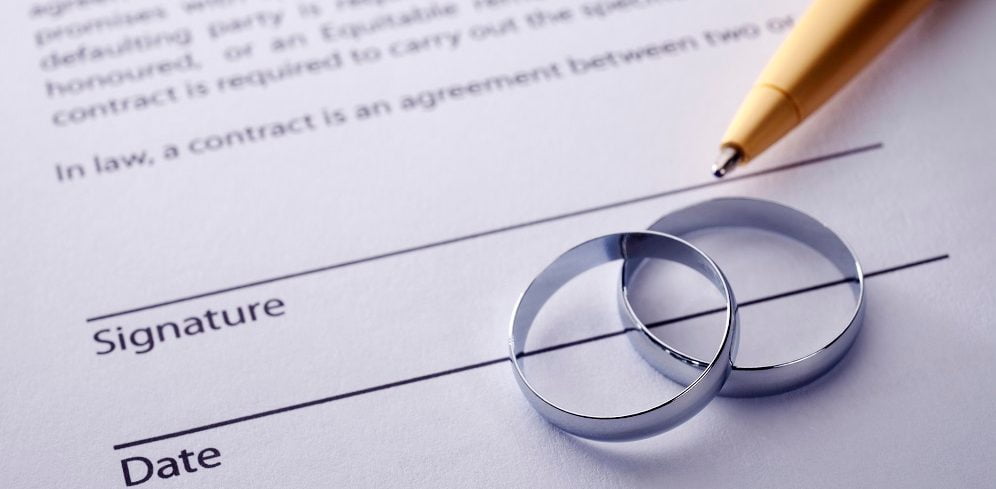For many expatriates moving into the United Arab Emirates, the legal right to drive is one of the essential things for them to set down roots in their new home. Whether you are driving to work, hopping into your car to check out scenic routes of the country, or simply maintaining that very mobility, the process of validating your existing driving license will be one of the very much legal processes at the first administrative stage. If your license was issued or encoded in a language other than Arabic and English, the translation thereof needs to be duly certified by the RTA.
Driving license validation in the UAE is not merely a legalistic procedure; it is a harmonization of all foreign-issued documents with local legal standards. This is to say, the RTA ensures that the information appearing on your translated driving license corresponds to the official standards so as to protect both the driver as well as the authorities from any possibilities of miscommunication or legal litigations.
Here in the blog, allow us to walk you through everything you will want to know about the validation of your translated driving license at the RTA, including the documents required, fees, and the processing times you can expect.
The need of validation cannot be overemphasized. Upon demonstrating that a translated document is the same in content and layout as the original document, the concerned authorities are satisfied that the license is genuine, it is in the possession of the applicant, and that it has the right information, including the name of the applicant, date of birth, date of issue, expiry date, license number, and the categories that the person is allowed to drive. This means that no conversion, renewal or self or vehicle registration will be carried out without this validation.
This is especially important where the license of the applicant is not in Arabic or English and the country of issue is not in the list of approved countries where there is a direct exchange. Under these conditions, the original license must be translated, and translation, in any case, should be performed by a certified legal translator with a license to practice in the United Arab Emirates. These services are often offered by translation centers and a portal that has a direct connection with the governmental authorities. Any translation that is acquired by a nonaccredited source has a risk of application rejection.
Gathering of the Necessary Documents
After the significance of the validation of a translated license has been recognized, the applicant ought to gather the necessary documents. The procedure developed by the Roads and Transport Authority (RTA) is not very complicated when everything is present.
First, the applicant should submit the original license which has been issued by the home country; no alternative will be acceptable. The license should be clean and readable with all the personal and vehicle information. Otherwise, the license should be translated by a certified legal translator accepted by the RTA in case it is not issued in Arabic or English. These translators are usually available in the local typing centers or via a government-approved online portal. Any unauthorized translation service will put the acceptance of the application at risk.
Along with the original license and its translated copy, the applicant is to provide an Emirates Identity Card or a print of an application form of the Emirates Identity Card.
The main aim of the residence certificate is to prove residency in the United Arab Emirates and to connect the application with a legal status. This certificate in the majority of cases is a stamped page in a passport with a UAE residence visa. The applicant should also present a copy of such passport.
Whereas this is not a must when converting the license, it is strongly advised that the applicants seek the eye test by an optician who is registered by the RTA. The outcomes of this exam are posted directly into the RTA system, thus speeding up the entire procedure.
In some careers or certain types of visas, a No Objection Certificate (NOC) issued by the employer or visa sponsor may be required. The availability of this document can avoid unnecessary delays, although this documentation is not mandatory everywhere to obtain driving privileges.
When all the necessary documents are collected, the applicant can present them at any RTA Customer Happiness Center or in an authorized typing center. More conveniently, the RTA has provided the possibility of submitting documents online through its site or mobile app. The documents are checked by the RTA officials whether it is done in person or electronically and the information translated is verified by comparing it to the original license. A validation stamp is placed only after the copy is found to be accurate and complete and the data is entered into the database of the RTA. In normal cases, the process can be completed in a couple of hours.
Charges and Practical Pointers
The expenses associated with this validation are relatively small, but they depend on the professional services chosen. Depending on the language and the complexity of the license, a certified translation may cost between AED 50 and AED 150 will be charged. Certain licenses with uncommon or multiple entries scripts may be charged a little higher. After the translation of the document is done, the RTA charges a fee of validation, which is usually between AED 100 and AED 200. In case a typing center is used to make the application, it can charge an extra service fee of about AED 50 to AED 70. The whole process can cost between AED 200 and AED 400 in total.
Regarding schedules, same-day validation is typically possible in case a visit is made early in the day. However, wait time can increase during peak hours particularly on Sundays and Mondays. On the contrary, digital submissions may require 24-48 hours to process. The documents might be incomplete or contain some mistakes, which will lead to additional delays, and all the materials should be checked before going to the RTA.
Moreover, approved translations have a repetitive use. They are still a very useful thing and are often required when registering a vehicle, renewing a license or giving extra details in case of an accident on the road or when making an insurance claim.


